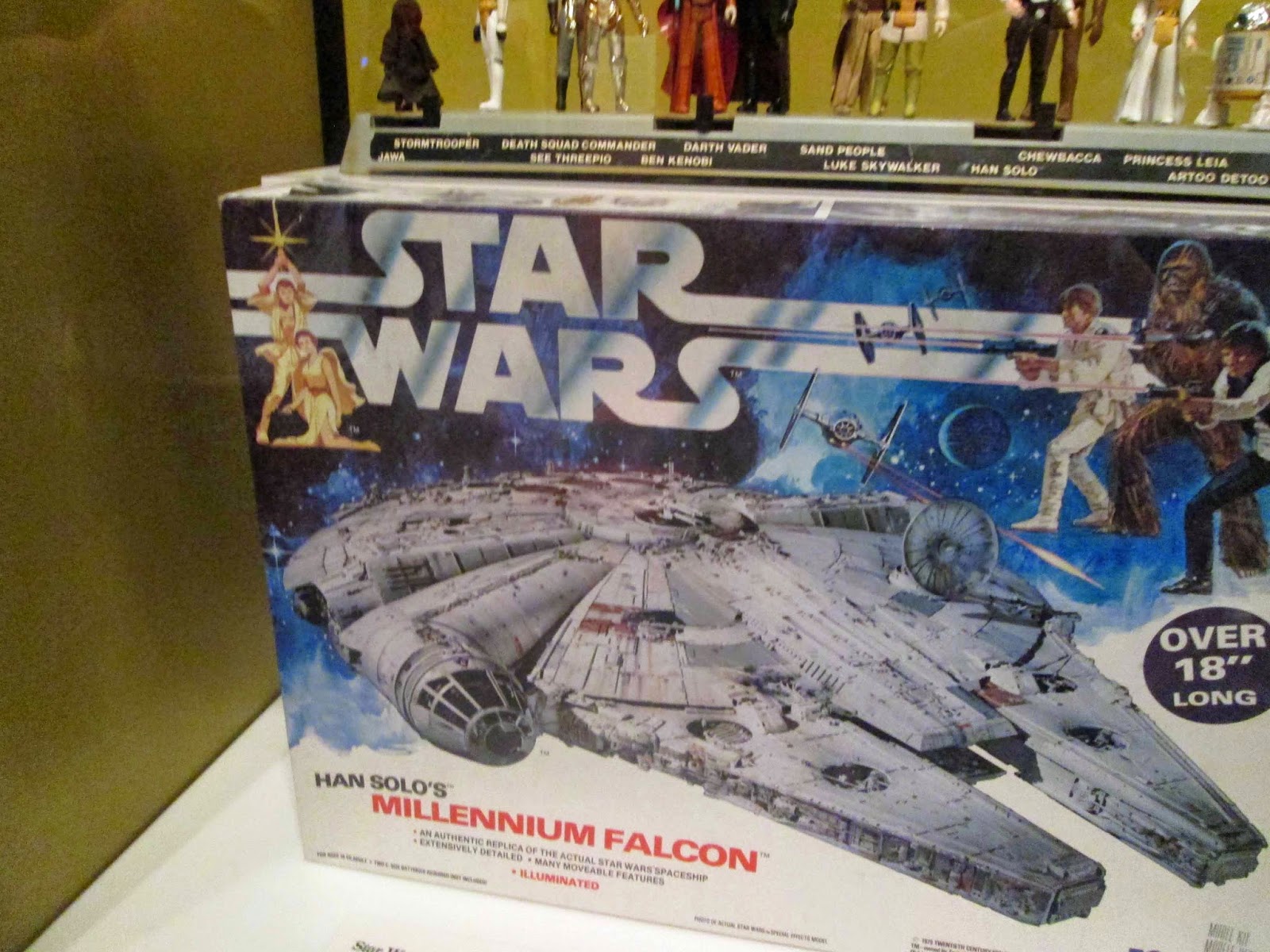On Saturday my daughter and I went to the Minnesota History Center to see the Toy exhibit. It surely brought back memories.
To the left hand side of the entry hall I found Twister.
We actually have at least part of the game in the teaching resource room at Reymontowka, where I go to teach English in Poland. This May I am going a week early to search through all the teaching resources and determine whether we are missing parts of games such as this.
Just inside the door we found this pastel colored toy train. The sign said Lionel, a very famous toy train maker, produced this for girls. It was not a success. Girls wanted "a real train."
Above are the wooden blocks that every kid used to have.
And above is Roy Rogers and Trigger. Anybody reading this blog who also remembers this?
And it's "Howdy-Doody time, it's Howdy-Doody time."
The above is about the Mickey Mouse Club. I never could watch this on TV. It came on TV in the time zone in which I lived at 4 PM, but the school bus didn't get me home until 5 PM. I was so envious of my friends who lived in town and got home from school in time to watch this. Now when going to Disney World a bus driver will often start singing "M-I-C" and all the adults will starting singing the rest of the song, much to the amazement of the children who have no idea what the "old folks" are doing.
While not exactly a toy, I was glad to see the bubble lights on the Christmas tree. Anybody remember these?
Anybody remember Cootie? Yes, these were named after the word for lice used by World War I soldiers. What I didn't know is that first sales of this game came through the Dayton's Department stores in Minnesota. No other store was willing to take the chance. This got me thinking about whether I could use this game to teach English. Amazon sells this game, but my heavens there wasn't a positive review of the game now because of the cheap materials used to make the parts.
And below another Minnesota connection.
The Tonka toys were/are made by a Minnesota company.
And of course any toy collection from the 20th century would have to have Barbie and Ken.
Not a very good picture but I wanted to include this. Diahann Carroll broke the color barrier on American television with her program, Julia.
And here are some quite primitive Snoopy figures. Charles Schultz, who created Snoopy and all his friends, came from Saint Paul, so of course these had to be in the collection.
Above is a totally plastic Mr. Potato Head game. The signs said this made it possible for the toy to back into the toy box and not become a rotten vegetable. I was trying to remember if I ever played this game using real vegetables or always with the plastic version.
Above are two unusual GI Joe figures. The one of the left is a Russian soldier and the one on the right is usual because it is an African-American soldier.
The Play School figures I knew about were always villages and farms, but I was not surprised to find out there was also a McDonald's in the group.
And of course Sesame Street figures.
Do you remember Star Wars?
Since I had two daughters and four nieces, Star Wars was not around in our homes. But yes, we had Play-Doh.
I can't even guess how much of this I bought. And there used to be recipes for making this in cook books.
The exhibit closes with some of the first electronic learning toys.
We also enjoyed the Home exhibit. This is about one house in Saint Paul that ended housing 50 different families.
And we had a great time watching an African drum and dance group. But no pictures or videos, because alas my camera was dying! When I tried to download pictures it sounded like a car with a very bad transmission. The sound made me think it wasn't worth seeing if this camera could be repaired.
So today I went out to a good camera store and got a new Nikon. Interesting trying to figure out how to use a new camera after two cataract surgeries. Now I can see 2-3 kilometers out the window but reading a manual, not so good!



















































